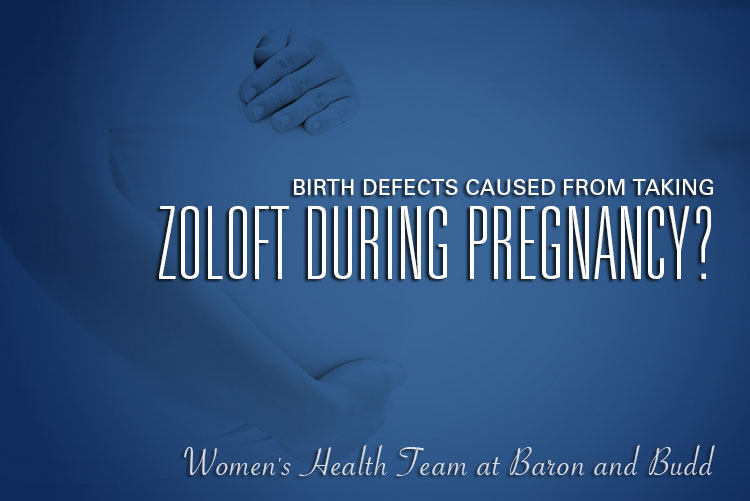A Practical Guide for Understanding (What Went Wrong With) Your Zoloft-Pregnancy: Part Three of a Three Part Series Honoring Women’s Health Week

Baron & Budd is no longer accepting inquiries for this litigation. For an updated list of our current cases, visit our homepage. Updated: May 6, 2018
Women. You can count on us to do most of the work. All the house hold work, excelling at the office, the daily struggle that is the To Do List, the Calendar and those annoying little Reminder! notes littered, perhaps, everywhere.
But more than anything, you can count on us to protect the next generation.
Part of this is a vestige from the time when women’s work was taking care of the kids.
There is some of that now, in terms of our willingness to take on the responsibility of raising our children, but it also has to do, today, with our ever-far-reaching empathy and intuition. We’re just good at looking after our kin even when we have all manner of work and To Do’s galore.
The sad thing is, this was never an easy decision for these women.
Put yourself in their shoes.
Zoloft is an anti-depressant, one that countless women rely on everyday to help them combat their depression so they may lead normal, constructive, happy and healthy lives. When a patient taking an antidepressant discovers they are pregnant, typically, a conversation is started with the doctor wherein they decide whether or not the medication should be continued. Of course, mothers would not want to endanger their babies by taking a medication that could harm them but, at the same time, it’s a known fact: Despite what they depict in the movies, pregnancies are a particularly trying time in the life of women. Hormones fluctuate, moods swing and you quadruple in size while major life decisions are thrown in your face. For some women, pregnancy is also a time when their own troubled childhood or mother/daughter relationships are recalled, or when they begin to question, or second-guess, whether they are fit or even “qualified” to take on the huge work of motherhood. It’s a tough time, being pregnant. And if you were taking an antidepressant to help you combat depression pre-pregnancy, the prospect of facing pregnancy without an antidepressant is not just scary. It could be downright dangerous, for both you and your baby.
In 2005 ,Zoloft was the most widely prescribed antidepressant in the U.S.
How many of those prescriptions were to pregnant women whose children were born with serious, physical birth defects?
It’s up to us to find out together.
And there you go! Levaquin, transvaginal mesh and Zoloft… three very different pharmaceutical drugs and devices with, unfortunately, a very similar outcome: Too much suffering for women.
